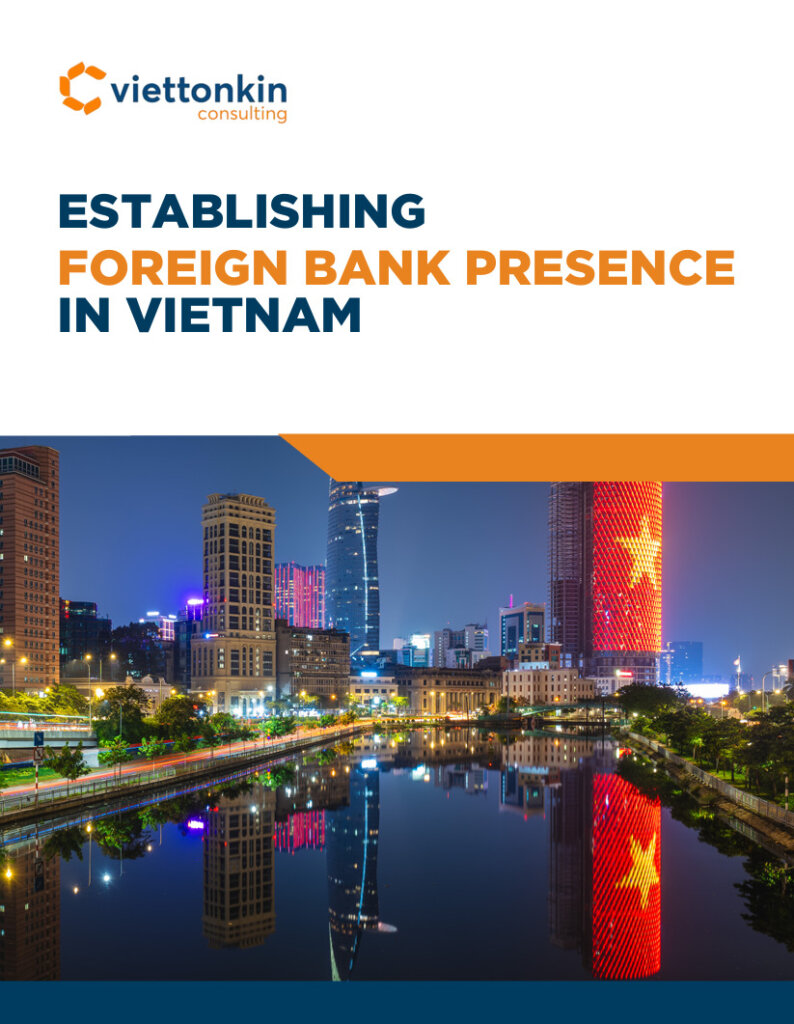Vietnam's food trade industry is one of the most dynamic sectors in the country. Fueled by an expanding middle class, rising disposable incomes, and shifting consumer preferences, the increasing demand for high-quality food products is undeniable. From bustling markets in Ho Chi Minh City to modern supermarkets in other major cities, the opportunity for both […]
The World Bank describes Vietnam as one of the most dynamic and emerging countries in the entire East Asia region. Thereby, Business Times also identifies that Vietnam completely deserves the title of "the new Asian Tiger".
Currently, Korea, Singapore, Hong Kong and Taiwan (China) are known as the Four Asian Tigers in the economic development. Vietnam is showing the similar signs when looking at the process of turning into the Asian Tigers of these countries.
According to Bloomberg, from 1960 to 1990, the average growth of the Four Asian Tigers is about 6%/year, and a long-term sustainable growth rate is maintained. This sustained growth rate is the basis for each economy to develop into industrialized economies and comprehensively developed regions.
Since 1986, Vietnam's growth has been in the group of countries with the leading growth rate in the world. During the period 1986 - 2019, the average growth rate gains 6.55%/year.
During the period 2020 - 2021, notwithstanding the Covid-19 pandemic, Vietnam’s growth rate is still equal to many countries’ growth around the world is negative. Specifically, in 2020 and 2021, Vietnam's growth will gain 2.9% and 2.58%, respectively.
Not only the outstanding economic growth, but Vietnam is also successful in improving its GDP. According to the World Bank (WB), Vietnam is a successful country in economic reform.
From 2002 to 2021, GDP is ranked 160/195 (USD 547 in 2002), raised up 3.7 times to nearly USD 3,743. Thereby, the poverty rate dropped sharply from more than 32% in 2011 to less than 2.23% in 2021.
Based on Vietnam's post-pandemic economic recovery efforts, Business Times magazine used to affirm that, thanks to the strong recovery rate after the impact of the Covid-19 pandemic and accelerating in 2022, Vietnam fully deserves the title of "new Asian Tiger".
Especially, Business Times said Vietnam gradually becomes the new Asian Tiger thanks to the explosion of the wealthy class. Everything from gilded hotels to luxury apartments to flashy sports cars shows that the rise of the super-rich class in Vietnam has been stronger than ever.
When Vietnam's economy has just been developed, people changed from bicycles to motorbikes. And in recent years, cars have been appearing more on the streets of Vietnam. Vietnam has even started to manufacture their own cars with the VinFast brand, a subsidiary of the country's biggest conglomerate Vingroup.
Vietnam is funding the startup more and more. Vietnam has been known as a Southeast Asian software outsourcing center, where high-skilled workers and high wages are attractive spots for technology companies to use as a platform for development.
Especially, the renewable energy boom is also a factor that helps Vietnam develop on the way to becoming the new Asian Tiger. Vietnam is the country with the highest solar power capacity in Southeast Asia with 16.6 gigawatts in 2020.
Currently, the Government’s incentives are the main motivation for this renewable energy transition, with the FIT tariff playing an important role in promoting the solar industry in Vietnam.
In addition to the growth signs, the Four Asian Tigers also clearly represent the rapid industrialization of economic development. According to Investopedia, import-substituting industrialization was the primary factor leading to the economic success of the Four Asian Tigers.
Industrialization took place after the four economies invested heavily in improving labor productivity. Since then, these economies have contributed to poverty reduction and laid the foundation for rapid industrialization.
Currently, Vietnam has risen up to become one of the countries with a globally competitive industry (CIP) at a relatively high level, belonging to the group of countries with a high average industrial competitiveness. In 2018, Vietnam is ranked at the 44th position in the world according to UNIDO's assessment.
The industry is the sector with the highest growth rate among the national economic sectors. It contributes about 30% of GDP and becomes the national main export industry. In particular, the industry also contributes to bringing Vietnam to the 22nd position as the world's biggest exporting country in 2018.
With the strategic orientation in a few priority industries, key industries, and with the leadership of a few biggest industrial enterprises, they are electronics, textiles, footwear, leather, etc.
According to Investopedia, the Asian Tigers used to form a market with many favorable conditions for exports and mainly free trade. This is referred to as export-oriented industrialization. Thereby, the economy of the Four Asian Tigers has achieved the current outstanding development.
In fact, Vietnam also focused on exports. Specifically, in 2021, Vietnam overcame difficulties and finished spectacularly in the field of import and export, reaching a record number of USD 668.54 billion, raised up 22.6% compared to 2020.
According to the latest report of market research company IHS Markit (UK), in January 2022, Vietnam's manufacturing industry recorded a global sharp increase in output and orders.
Moreover, the world's leading credit rating unit, Fitch Ratings forecasts that Vietnam's export sector will continue to overgrow in the region, thanks to benefiting from cost competitiveness and several major trade agreements.
Source : Cafef











